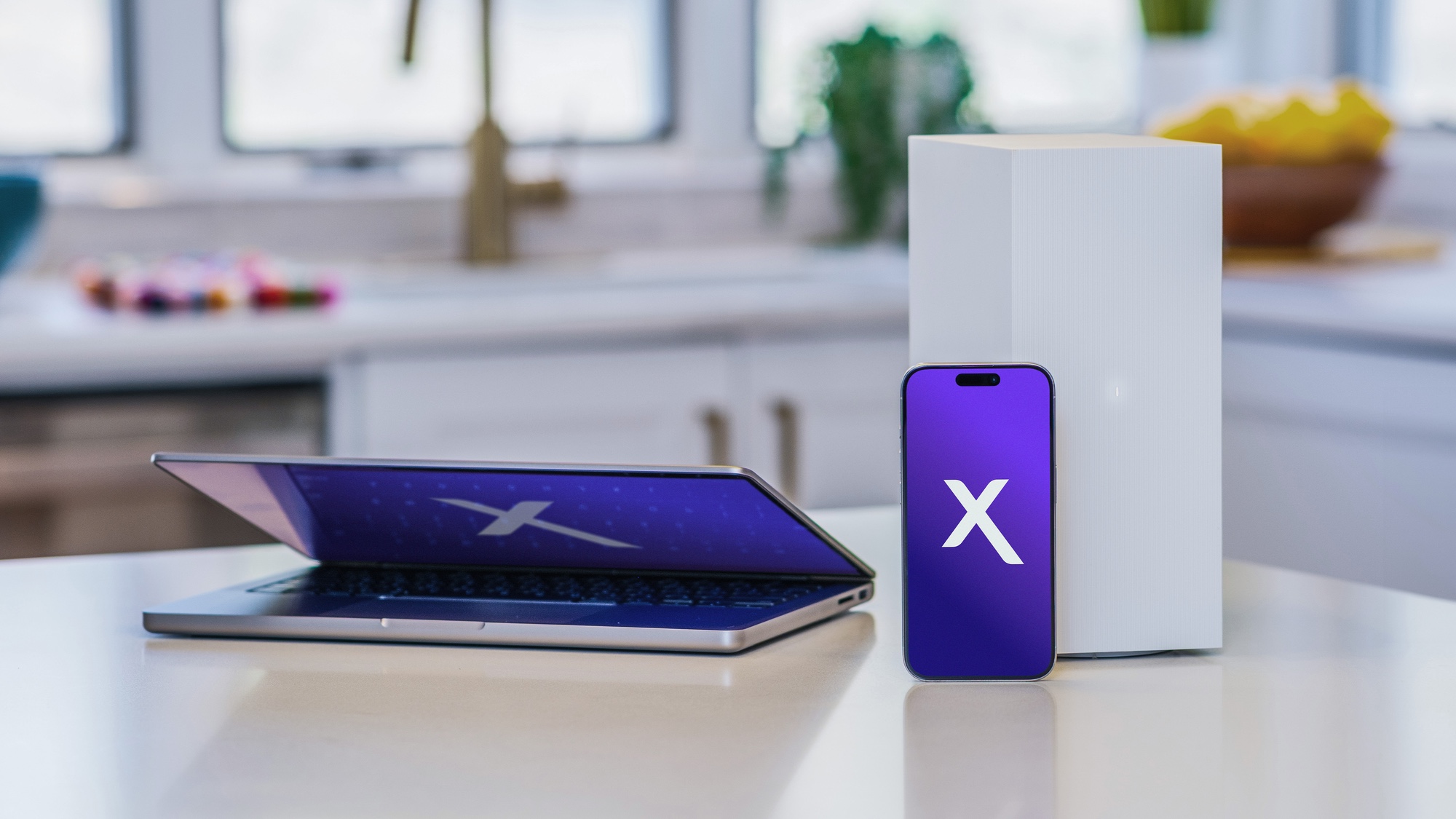Google Pixel 6 and Whitechapel — why ditching Qualcomm is a big deal
Google going its own way with Whitechapel could be a game changer, or it could fail miserably
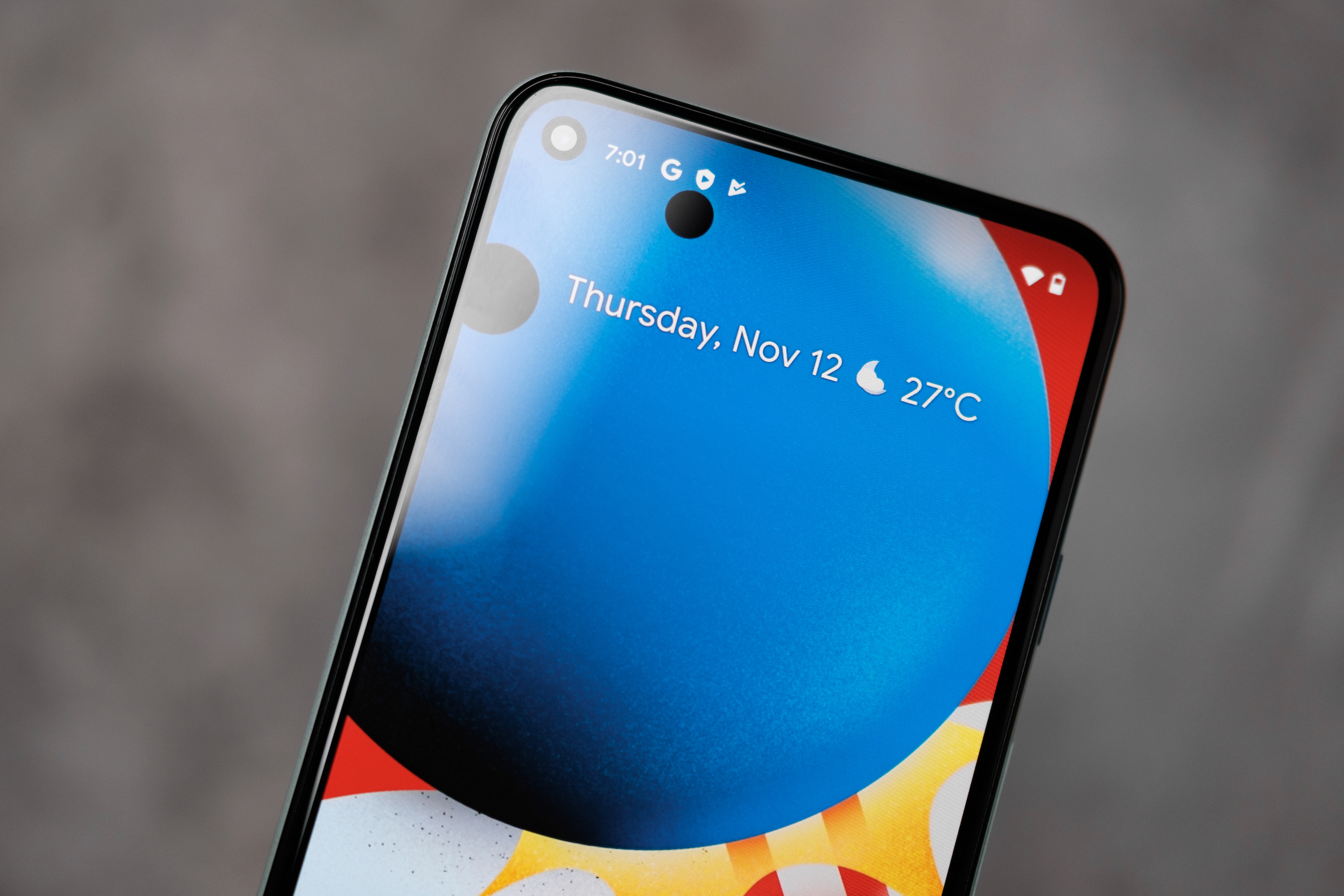
Google is reportedly creating its own system-on-chip for the Google Pixel 6. Codenamed Whitechapel, as reported by 9to5Google, the company is apparently working with Samsung for design specifications and manufacturing. We don’t know a whole lot about Whitechapel right now, but rumors about it have flown around for a little while.
Whitechapel stands to compete with Qualcomm and offer an experience akin to Apple’s Bionic chips for the iPhone 12. That’s the dream, but I don’t expect that to happen, at least not in the first generation.
- Android 12: All the new features
- OnePlus 9 Pro vs. Galaxy S21 Ultra: Which Android flagship wins?
With Google controlling the chip, that could also theoretically mean Apple-length support for Pixels since it’s usually Qualcomm that gets in the way of long-term support on Android.
It would be a huge step away from Qualcomm’s near monopoly (especially in the US) on powering Android phones, but things rarely work out as we might hope. Google stands to gain a lot from Whitechapel, but it could also all go down in flames.
Why Whitechapel for Pixel 6 could be a big deal
Right now, we know very little about Whitechapel. A report last year from Axios claimed that Google wanted to design its own chip in collaboration with Samsung. The latter would have input, offer advice, and end up manufacturing the chip on its fabrication process. This mysterious SoC would allegedly be an octa-core ARM design and have a portion of it dedicated to an always-on Google Assistant.

Besides that, we don’t know much else. That said, Whitechapel could mean a whole lot for Google and Android as a whole. For starters, Google having control over the hardware and software for Pixels could spell longer support. Pixels currently get three years of OS updates, which pales in comparison to how long Apple supports iPhones.
Qualcomm is a major hindrance in this update process, so Google using its own chip for Pixels could result in much longer support. I suspect that it wants to support its Pixels for longer, but it simply can’t at this point. If Pixels eventually approached the five- or six-year mark for platform updates, they’d be even easier to recommend to people.
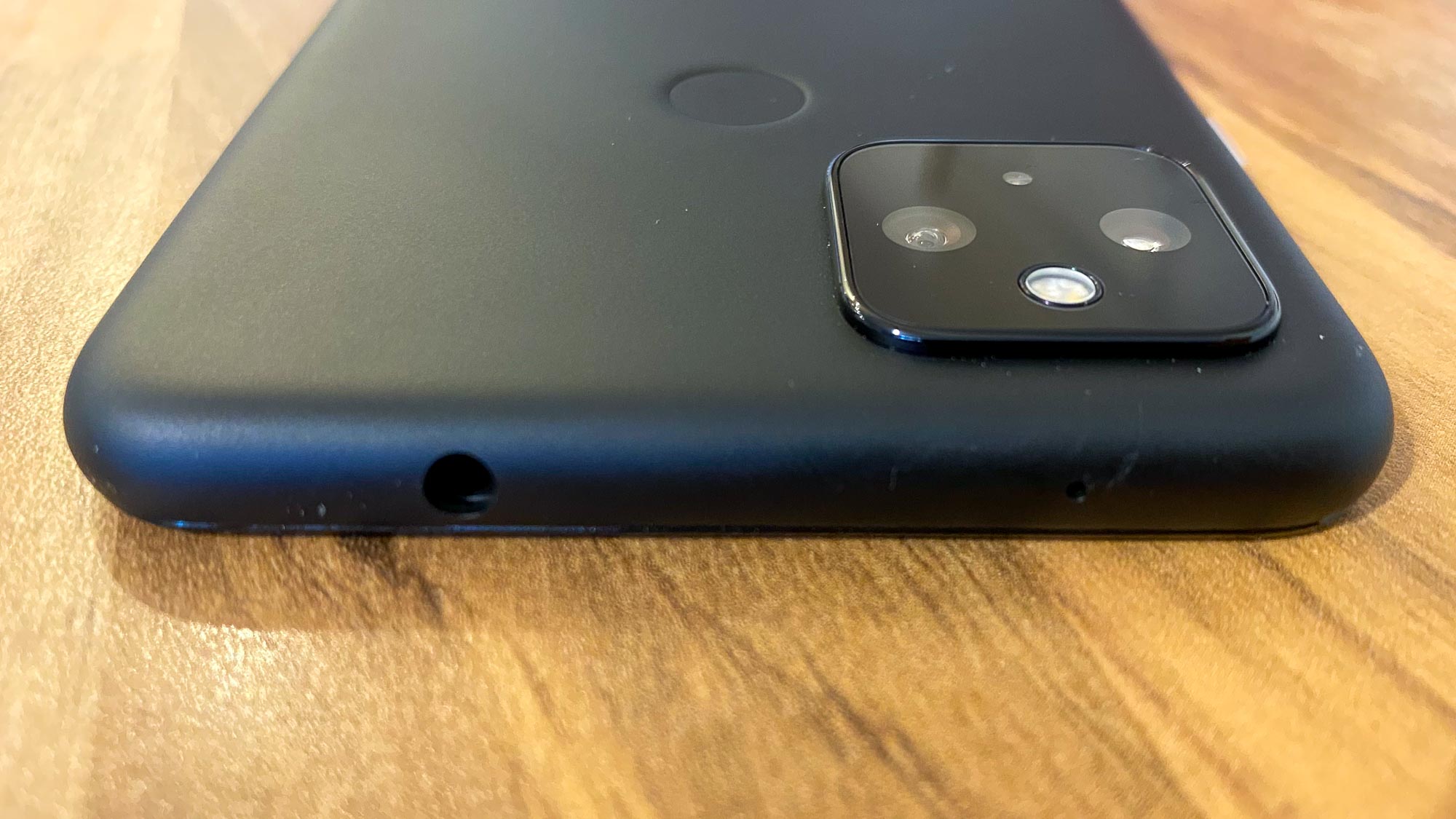
If Google’s designs its own chip, that would mean it could implement its own enhancements right on the die. As it stands now, Google adds additional elements to the Qualcomm chips it sources, such as the Neural/Visual Core and Titan M chips. With Whitechapel, Google could build those into the SoC itself, saving on PCB space in the phones themselves.
Finally, Whitechapel could mean a lower cost to produce Pixels. If Google controls the hardware, it’s not bound to Qualcomm’s sometimes high pricing. We could even see Whitechapel in lower-tier Pixels, like the A series, if the cost to Google is low enough.
What could go wrong with Whitechapel
With Samsung helping with the entire process, you can expect Whitechapel to feature at least some Exynos DNA. If those chips came anywhere close to matching Qualcomm’s performance metrics, I’d be more excited. However, considering the Exynos letdowns in previous years, I can’t say that I believe Whitechapel will match the Snapdragon 888.
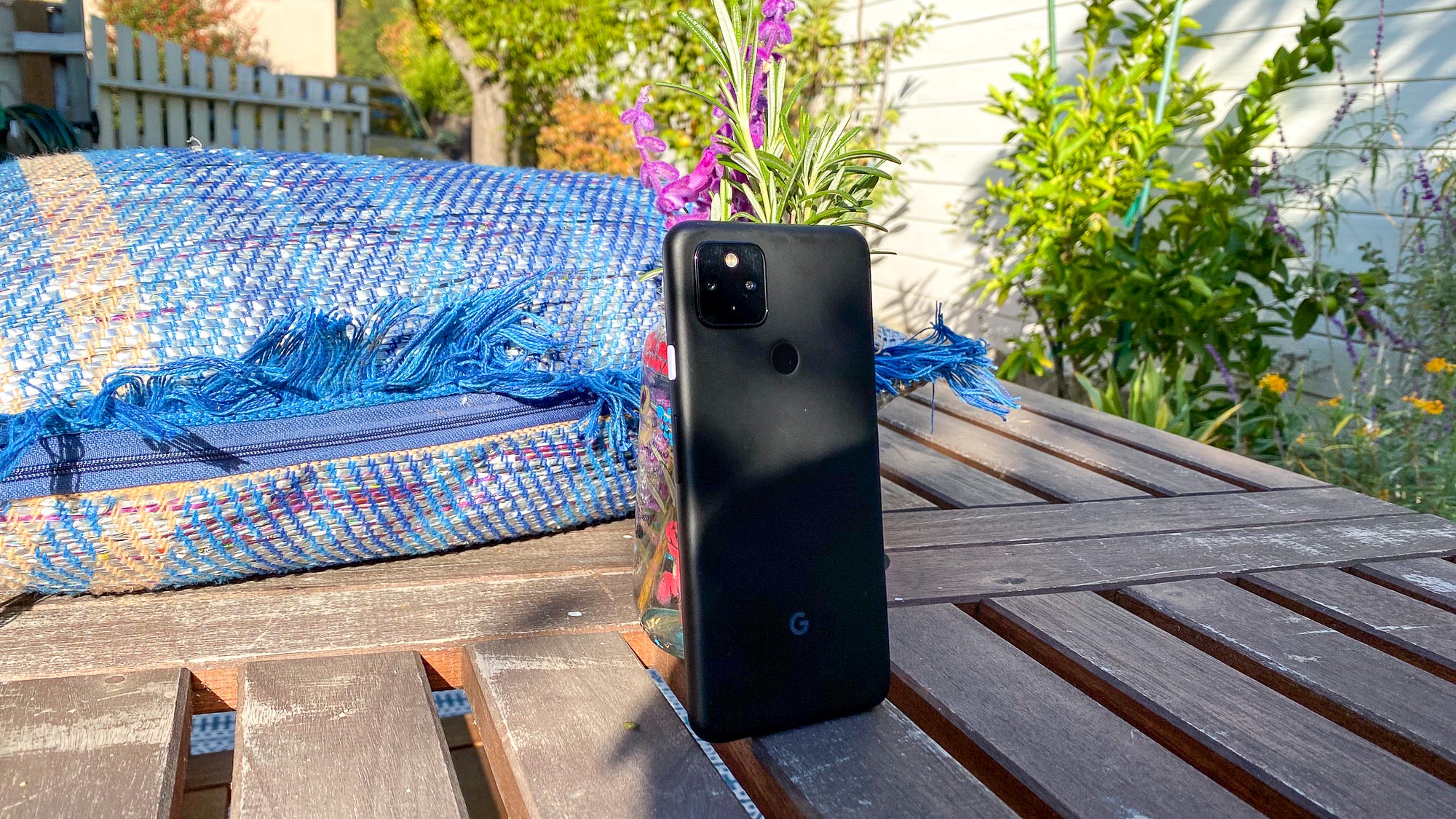
Going back to what I mentioned earlier, Whitechapel could equal cheaper Pixels, if Google sold huge numbers. But Pixels don’t sell at nearly the same volume as iPhones or Galaxy devices, so Google going with its own chip could mean a higher cost since it doesn’t sell handsets at the scale it might need to. We may not like admitting it, but Pixels just don’t mean much in the grand scheme of smartphone sales.
I also have to wonder about Google’s quality control with Whitechapel. Having owned many of the Pixels — and Nexuses before them — I know that QA is not Google’s strong suit. Whether it was the display issues with the Pixel 2 XL, cameras failing on the Pixel 2, battery drain on the Pixel 3, or the faulty hardware way back on the Nexus 6P, it's easier to list which Google phones haven't had problems.
So while Google having more control over the Pixel (and possible Pixelbook) hardware could be good, it could also be a significant problem considering the company’s track record.
We won’t know for sure until we get our hands on a Whitechapel device and see how it performs long-term, but the apprehension remains all the same.
Pixel 6 Whitechapel outlook
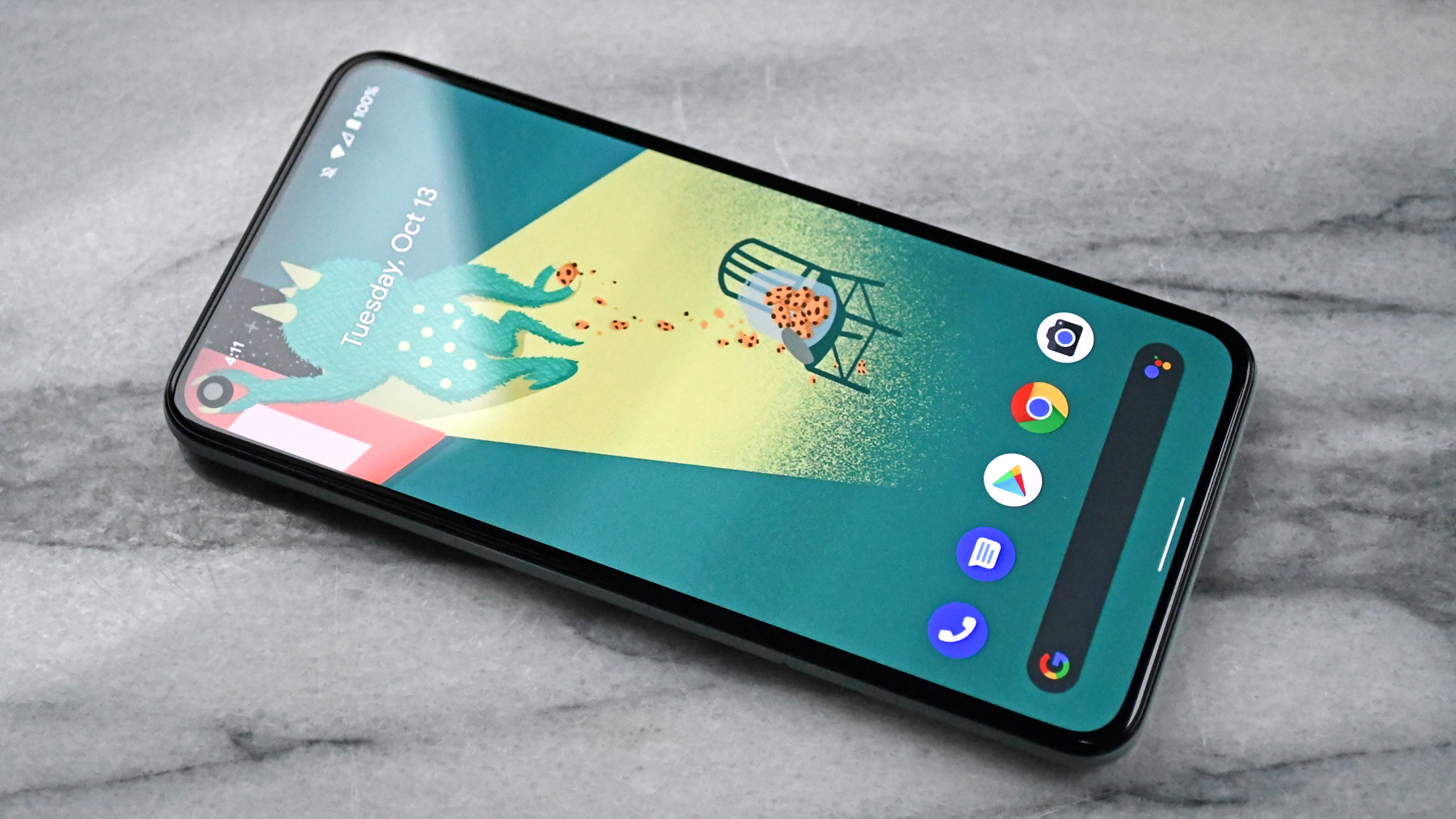
Whitechapel stands to be a big deal for Google and for Android enthusiasts, though it could also fail spectacularly. We just don’t know much about it right now, though we could possibly hear more as the year goes on. If 9to5Google’s sources are right, then we won’t have to wait too long to find out — the Pixel 6 will arrive this fall.
I don’t want to jump to conclusions, nor will I say that Whitechapel will affect Qualcomm (or even MediaTek) in any meaningful way. Pixels just don’t sell in vast numbers, meaning that Whitechapel won’t ever match the Bionic series in terms of scale. That fact alone makes me skeptical that Whitechapel will lead to lower-cost Pixels unless Google starts eating into its own profit margins.
While we might hope that Google and Samsung can muster something to rival even last year’s Snapdragon 865, I think it’s best to temper our expectations. The first generation of anything is bound to have issues.
Sign up to get the BEST of Tom's Guide direct to your inbox.
Get instant access to breaking news, the hottest reviews, great deals and helpful tips.

Jordan is the Phones Editor for Tom's Guide, covering all things phone-related. He's written about phones for over six years and plans to continue for a long while to come. He loves nothing more than relaxing in his home with a book, game, or his latest personal writing project. Jordan likes finding new things to dive into, from books and games to new mechanical keyboard switches and fun keycap sets. Outside of work, you can find him poring over open-source software and his studies.
-
tztex They have been talking about the whitechapel for at least two years now. It's another expensive experiment that will go nowhere. Google has no scale to make custom chips worth it. Economics 101 points to two scenarios. 1.They will sell these Pixels at a loss or 2. They price them high. Samsung has no reason to use them, and if they shared them, they lose the competitive edge.Reply
